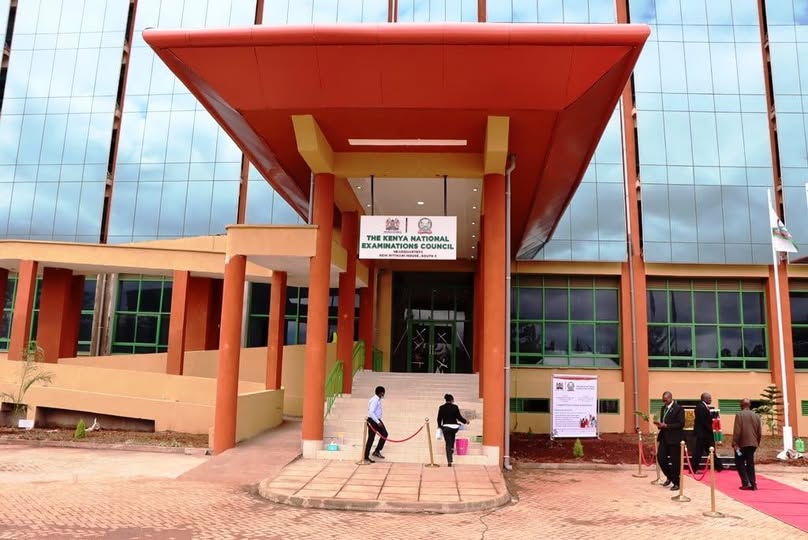KNEC Announces Its Intention To Eliminate Mathematics As A Mandatory Subject
Kisumu – The National Examination Council (KNEC) vehemently argued against making math mandatory in higher secondary schools, claiming that such a move might not be in the best interests of the students.
At the opening of the second Annual Symposium on Competency-Based Assessment in Nairobi, Prof. Julius Nyabundi, the Chairman of KNEC, made this statement.
In order to provide pupils with essential math abilities through learning and vital math skills, he said that primary and lower secondary school mathematics is enough.
As a result, a student will have acquired the fundamental arithmetic literacy needed to handle life in general by grade nine.
According to Prof. Nyabundi, CBC is designed to allow students to explore topics that are closely related to their talents during their senior year of high school.
It may impede performance, especially among students who are not studying STEM subjects, if all students are required to continue or practice mathematics.
Falling patterns in exams, according to Andrew Otieno, Deputy Director of Quality Assurance and Archives at KNEC, show how significantly math performance declines from elementary to secondary school.
At Class Eight, more than 80% of students earn between Grade A and D+ in math, but only 17.46% do so in the KCSE.
The fall is not attributable to the complexity of the topic. Because of our extremely rigorous evaluation and grading methods, he said, and he also suggested that mathematics be required for pupils pursuing STEM-related courses at senior schools.
Additionally, Otieno asserted that requiring mathematics would put students who are more inclined towards the arts and humanities at a disadvantage.
He discussed the need for a more adaptable system that would accommodate the wide range of skills and career interests among students.
At the same time, mandatory physical education and community service learning courses at the senior level were well received.
Physical education is for holistic development, while community service promotes patriotism and civic duty, according to Eunice Gachoka of the Kenya Institute of Curriculum Development.
Contrary to what had been made public, this was not well received since the Ministry of Education announced that these required courses in higher secondary schools will only be English, Kiswahili, or Kenya Sign Language; Community Service Learning; and Physical Education.
The expectation of the KNEC was that students would be better prepared for a range of career options and that their academic performance would improve.

